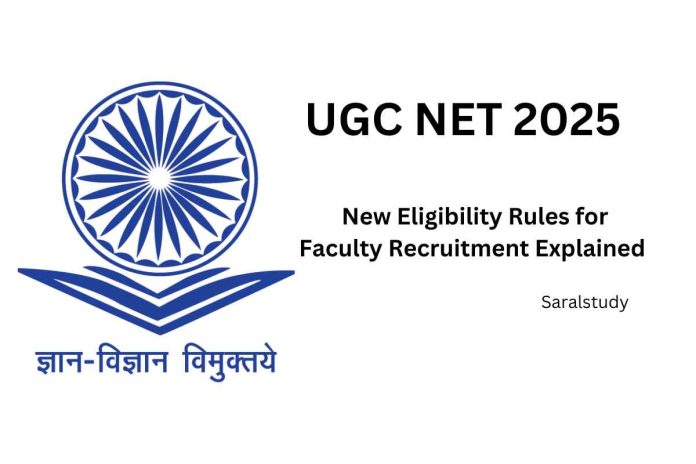The University Grants Commission (UGC) has suggested major changes in the rules for the National Eligibility Test (NET) in 2025. These UGC NET eligibility changes seeks to make the eligibility process more diverse and in alignment with the requirements made by contemporary education. The revised guidelines additionally include into consideration UGC’s plans to promote innovation in education and accelerate the hiring of educators.
Key Changes in UGC NET 2025: NET Not Mandatory for Assistant Professors:
In a remarkable step, the UGC has suggested that universities and colleges no longer need the NET qualification for hiring of assistant professors.
The NET requirement will not apply to candidates of PhD holders from recognized universities, particularly those classified as Category I universities.
Increased Emphasis on Research:
Research outputs and teaching experience are now going to be the main recruitment criteria for universities.
PhD holders will benefit additional if they have publications in reputed journals.
Special Exemptions:
Candidates with professional or industry experience relevant to the subject will also be considered eligible for teaching positions, even without NET or a PhD.
Eligibility Criteria for Specific Subjects:
For certain emerging fields like artificial intelligence and data science, UGC has relaxed the eligibility norms to attract industry professionals.
Rationale Behind the UGC NET eligibility changes:
Here are the major points behind the changes in UGC NET eligibility.
- Promoting Quality Research: The UGC aims to encourage quality research and innovation by recognizing PhD holders who demonstrate academic excellence.
- Bridging the Industry-Academia Gap: By allowing professionals with industry experience to enter academia, the changes address the growing need for practical knowledge in education.
- Making Recruitment Inclusive: The updated rules widen the pool of eligible candidates, ensuring universities can recruit the best talent.
Impact of the Changes:
- Opportunities for PhD Holders: The new rules make the academic job market more favorable for PhD graduates, especially from top-tier institutions.
- Diversity in Academia: Industry professionals and researchers will bring diverse perspectives, enriching the learning experience for students.
- Challenges for NET Aspirants: While the rules benefit PhD holders, aspirants preparing solely for NET may face reduced opportunities, necessitating a re-evaluation of career plans.
Reaction from the Academic Community
The proposed changes have received mixed responses. While many welcome the focus on research and inclusivity, concerns remain about maintaining standardization in faculty recruitment.
Conclusion
The UGC’s decision to revise the NET eligibility rules reflects its commitment to modernizing the education sector. These changes align with global standards, emphasizing research and practical expertise. However, balancing inclusivity and quality will be crucial to the success of this initiative. Students and aspirants should stay updated with official announcements to understand how these changes may affect their career paths.
Also Read: What Is The NET Exam All About

